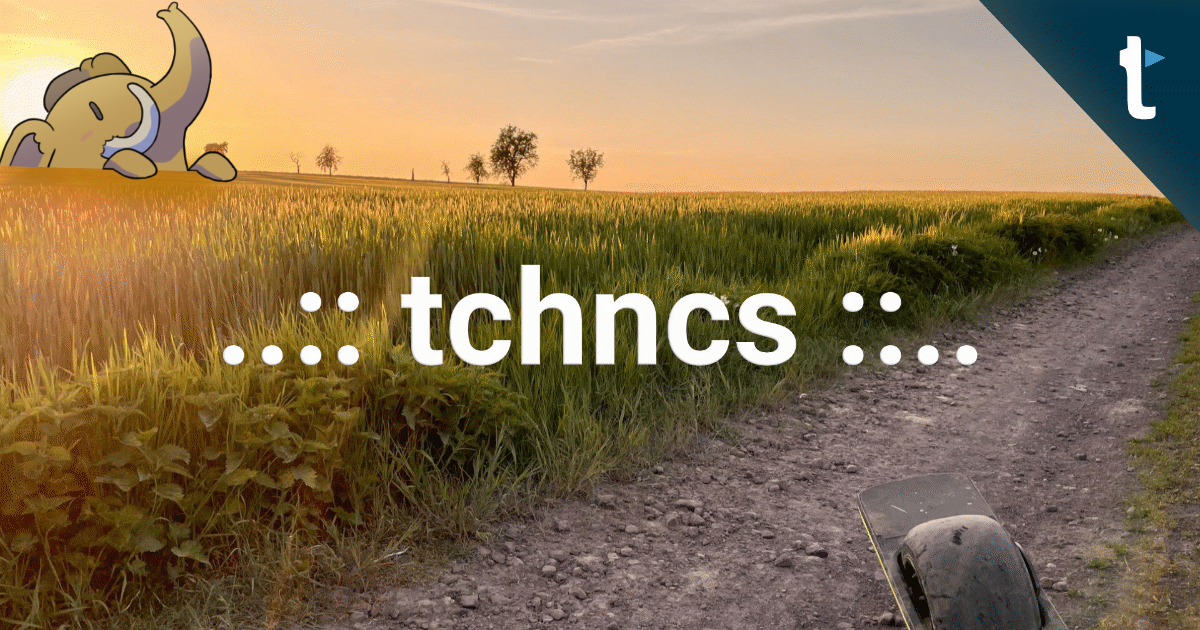Recent searches
Search options
It will soon be Autism awareness month, that wonderful time of the year when many autistics hit their foxholes screaming "incoming", or take to their bunkers and hide.
"But why?" I hear you ask. "Surely awareness is a good thing?"
Well, obviously yes, normally, but mostly, actually, no. Not in the way this normally pans out, anyway. Because this is the time of year when everything starts getting lit up blue and puzzle pieces start making their appearance and Autism Speaks articles rear their ugly, eugenic, heads. No matter how many times the vast bulk of the autism community explain that these symbols and the organisation that they are linked to, do not bloody speak for us and never sodding will.
Pity-me mothers parade their kids to showcase how terrible their lives are, or how there isn't enough help for their darling children. Which, whilst admittedly this is true for the kids, could be highlighted in better ways. Various celebrities and sports stars come out about the wonders of being diagnosed with autism and the huge change it has made in their pampered lives and puff pieces pop up everywhere about how someone succeeded because of their autistic superpower, or how they wouldn't be where they were now without it, or how someone's a hero, for standing up for their autistic friend. And editors across the land, slap themselves on their backs for such a wonderful job of awareness and here's to the next year and then silence once again falls.
OK, I may be slightly exaggerating this, but unfortunately not by as much as you might be thinking. So many times, even within the good articles and representation, there is the implicit message that only an official diagnosis can do this for you, which is a real kick in the teeth for everyone who has as much chance of getting one of those, as of winning the lottery. That this is something that is seen in us, rather than something that we can see ourselves. And all too often, even with the good stuff, it's always accompanied by the stock, what is autism? answers, from the internet. You know, the ones that just dryly quote the highlights of our disorder, in a way that none of us can actually recognise ourselves in and certainly don't help with others seeing us.
And this is the real problem with awareness month. It's all fine and dandy trying to increase awareness. But of what? Is it the problems and struggles, the difficulty of having autistic children, or being autistic in a world without support? The virtues of finally having your eyes opened to your autistic superpower? Of how the community and others could finally rally around you.
Or is it the different stories that finally allow others to see us, or even for us to finally see ourselves after decades in the dark. That allow the friend or neighbour, or workmate to maybe stop seeing you as the weird, or creepy, or even scary, person. But instead, someone who's just different, who sees and perhaps understands the world in a way that they don't. Not superpowered, or a burden, or broken in any way. Just yourself, just autistic. The stories that lead to acceptance and not just awareness.
@pathfinder Can I just ask how you even were able to type that much text into a single post? :O
@Carnivius
Different instances have different character limits.
@pathfinder Darn. That's cool though.
By the way, yes Autism Speaks sucks. As does their hero William Shatner who has attacked autistic people who dared try to inform him they suck (he even hates anyone who uses #actuallyautistic). And their awful 100 Day Kit for Parents (advertised on Sesame Street and such) which encourages parents to grieve for loss of the "non-austistic child" they thought they had. And compare autism to leukaemia... Bleh.
"encourages parents to grieve for loss of the "non-austistic child" they thought they had. "
Jesus fuckin Christ.
Not every day is a picnic but if anyone suggested I do that about my kid I'd fucking deck them.
@davey_cakes @Carnivius @pathfinder I have a disabled daughter; we're both autistic. I have a tiny slivver of sympathy for the idea of greiving for my non-disabled daughter — probably not in the way they mean.
I wish she didn't have to deal with the ME, the PTSD, the EDS and even *in a way* the autism, because her life is harder because of all these things.
But the autism is what makes her, her. The "harder" comes from dealing with everyone else. I love her autistic self; she's just like me…

